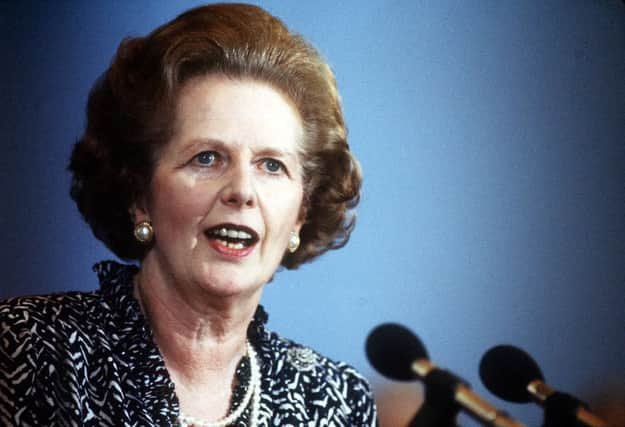Prime Minister was warned not to '˜exclude immigrants' second wives'


Files show how in 1986 ministers in Mrs Thatcher’s government were under pressure to prevent Pakistani and Bangladeshi women in polygamous marriages joining their husbands in the UK.
The attorney general Sir Michael Havers, warned that any attempt to exclude the women concerned would be illegal without new legislation. “I am very conscious of the fact that this is a highly explosive subject and that there is a need for early amendment of the law,” he wrote. “I must, however, advise in the strongest terms against taking any action against second wives until there is a change in the law. Such unlawful action by the government cannot be contemplated.” Mrs Thatcher, however, was adamant that action had to be taken. In a handwritten note she said: “The country would be with us on this. We would be crazy to discriminate in favour of the coloured Commonwealth against the UK.” Four years earlier, in 1982, she objected to Home Office plans to relax the rules on women immigrants bringing in husbands and fiances, insisting there were “already enough ethnic minority men in the UK for them to choose a partner from”.
Advertisement
Hide AdAdvertisement
Hide Ad“The outcome of admitting more husbands and male fiances would mean that there would be more new families, large numbers on the unemployment register, and in the long run a requirement for the creation of more jobs,” she complained.
“There were, furthermore, sufficient numbers in the ethnic minorities in this country now to provide an acceptable range of choice for young women without the need for further young men to come to this country.”
In contrast, when employment secretary Norman Tebbit wanted to tighten the rules on “working holidaymakers” coming to the UK, Mrs Thatcher and home secretary William Whitelaw objected noting that most of those who took advantage of the scheme were from “Old Commonwealth” countries like Australia.
“I think there would be considerable political difficulty in the handling of changes in the immigration rules if we were to restrict the entry of working holidaymakers (most of whom come from the Old Commonwealth) from two to one years as you suggest,” Mr Whitelaw wrote.
Advertisement
Hide AdAdvertisement
Hide Ad“The effect of such a change would be to alter the general political balance of the package now proposed in the immigration rules and probably make it more controversial particularly with our own supporters.”
Mrs Thatcher added in a handwritten note: “I agree with strongly with the home secretary. Many young Australians profit enormously from this longer scheme and it helps our relations with Australia.”